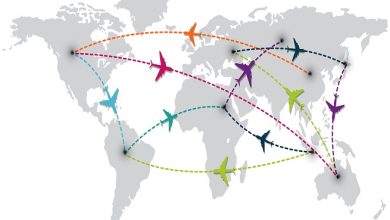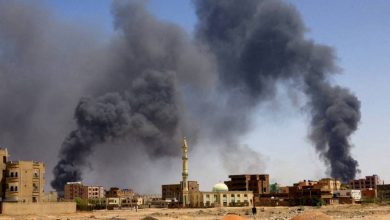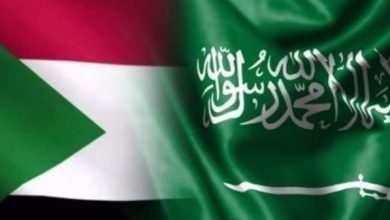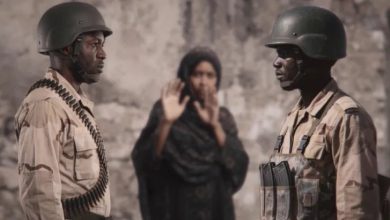The Sudanese Crisis…Positions And Movements
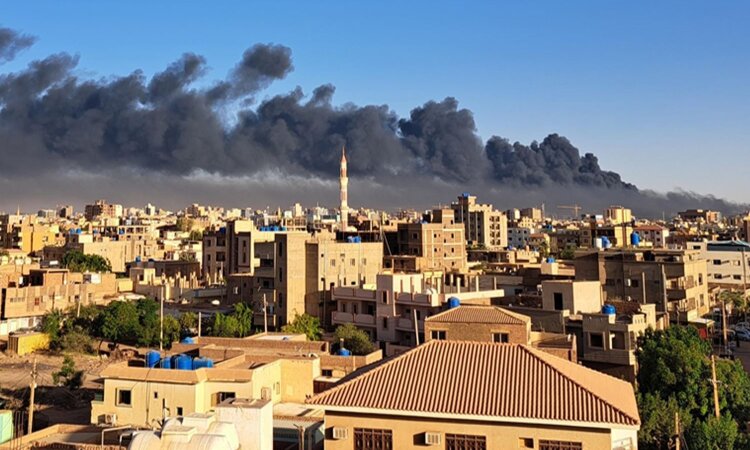
Sudan Events- Talal Ismail
Positions of the political blocs and armed movements vary regarding developments in the situation in Sudan after the outbreak of war on April 15, in light of an attempt to anticipate the future about who can shape the next scene after the military decision or the emergence of the results of Jeddah negotiatings forum between the Sudanese army SAF and the dissolved Rapid Support Forces RSF.
There are several political blocs in the country, most notably the Sudanese National Front SNF led by Nazir Mohamed Al-Amin Turk, which does not hide its clear support for the SAF contrasted to the Civil Front CF to stop the War led by former Prime Minister Abdullah Hamdok, with the positions of other long-established parties that do not belong to either bloc.
The position of the armed movements
There are also positions of the armed movements that signed the Juba Peace Agreement with Sudan, most notably the Popular Movement led by Malik Agar, which supports the Sudanese army and even participates in its forces within the army forces in the war, and whose president holds the position of Deputy head of the Sudanese Sovereignty Council SSC.
In contrast, two main movements stand neutral, namely the Sudan Liberation Movement SLM led by Minni Arko Minawi, who holds the position of governor of the Darfur region, and the Justice and Equality Movement JEM led by Jibril Ibrahim, who holds the position of Minister of Finance.
Al-Hadi Idris, head of the Sudan Liberation Movement, left the Transitional Council as a member of the Transitional Sovereignty Council TSC as a result of his position on the war.
The Sudan Liberation Movement SLM ,led by Mustafa Tambour, also emerged, fighting with the Sudanese army in Central Darfur state.
Although the head of the Sudan Liberation Movement, Abdel Wahed Muhammad Nour, is not among the movements that explicitly support the Sudanese army, he does not hide his position on the necessity of the dissolved Rapid Support Forces leaving the cities of the region.
Political Positions
The Sudanese National Front sees the necessity of supporting the Sudanese army and resolving the political crisis in the country through a comprehensive Sudanese-Sudanese dialogue that does not exclude anyone, in contrast to the position of the Coordination of Political and Civil Forces headed by Hamdok, which calls for a Sudanese dialogue that excludes the National Congress and the Islamic Movement and their confrontation.
The leader of the National Front, Al-Toum Hajo, told Sudan Events: “We agreed that the Sudanese National Front would be a mass movement in the states of Sudan and not a political forum, and that its leaders would emerge from the masses. We set three goals: unity of the internal front, support of the armed forces, and preservation of national sovereignty.”
He pointed out that the next stage of the Front includes the renaissance of Sudan after restoring the name of Sudan from the political forces that kidnapped it.
He added: “Those who speak in the name of the Sudanese people and are present in Addis Ababa and who destroyed the homes of citizens.
We will never again allow them to speak in the name of the Sudanese people and hijack their decision, and without the return of our land and our honor, there will be no negotiation.”
The leader of the Federal Party, Hassan Hilal, supports the position of Al-Tom Hajo, and he told Sudan Event: “We cannot side with falsehood, nor have a dialogue between virtue and vice, nor negotiate, nor compromise, and we stand with the Sudanese army until victory is achieved.”
The Communist rejects Hamdok’s invitation
The Sudanese Communist Party said in a statement, a copy of which was received by Sudan Event: “The Political Bureau reviewed the final statement of the coordination work of the political and civil forces held in Addis Ababa recently as a consultative meeting in preparation for holding a general meeting, and without a doubt the Communist Party welcomes the calls to stop the war.”
The Communist Party responded to the Hamdok bloc’s call: “We must affirm our position of rejecting the reproduction of the crisis, turn back the clock, and retreat from the positions of our people, which link stopping the war with restoring the revolution and achieving its goals, and not just restoring the path of democratic transition, which was accompanied by serious mistakes that began with the signing of the flawed constitutional document that initiated it.” The partnership between the military and the security committee in power preserved the militias and signed the Juba Agreement, which disrupted the peace and caused conflicts to spread and ended in the April 15 war.”
He continued: “This path, if restored by the same parties, will lead, at best, to a new blood partnership.”
